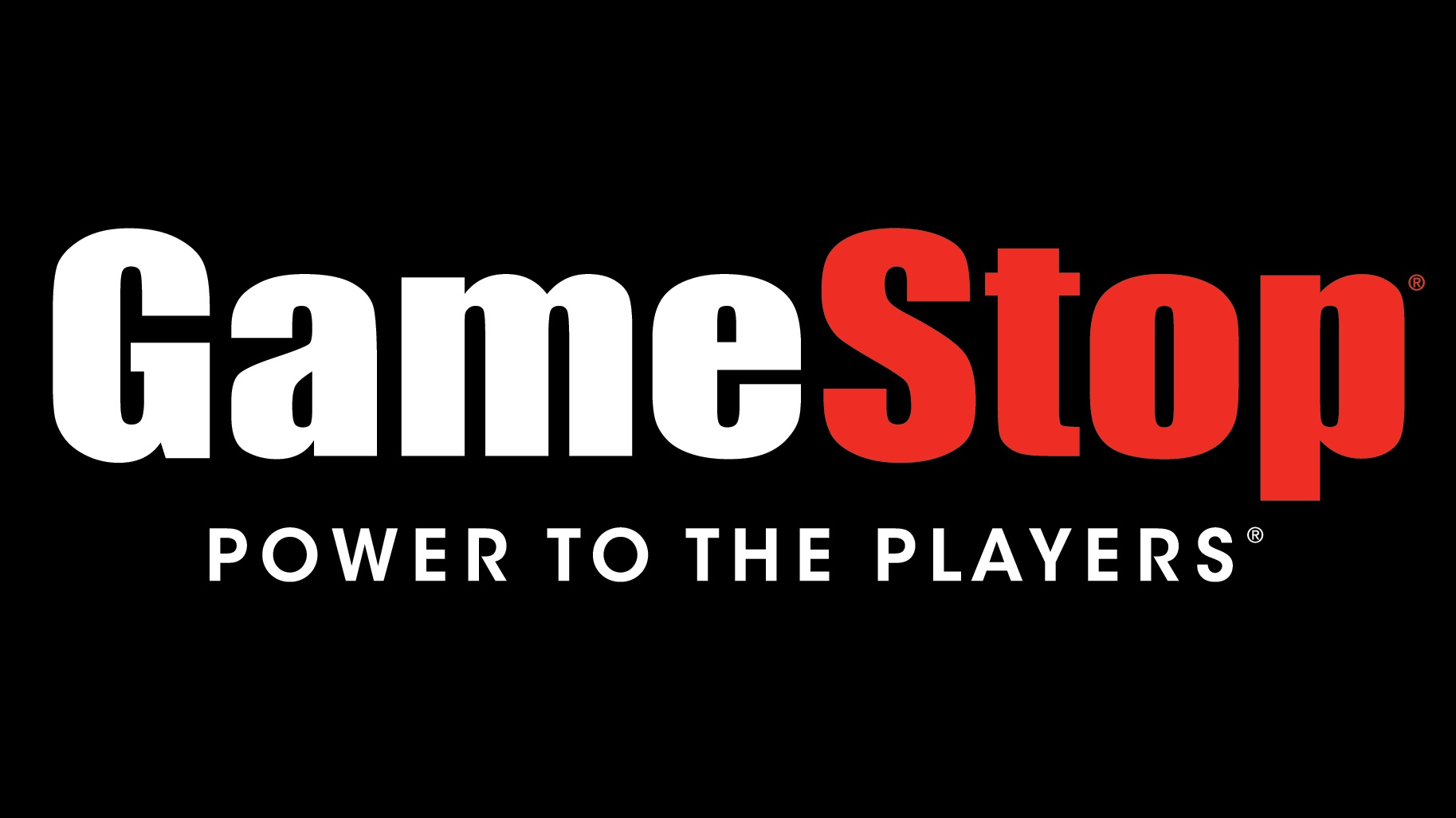GameStop pulls PowerPass plan that let you rent all the used games you want [Update]
Rent to pwn? Not for now

Update: GameStop has temporarily suspended its "PowerPass" used-game rental program and told employees to pull down all related signage and store it, according to according to a new report from Kotaku,
On the bright side, the cancellation appears to be temporary, although there's no word as to when the program might be reinstated.
The reasons for the suspension aren't clear, but employees suggest that the computers in the stores aren't set up to handle the program. There may be some truth to this, as GameStop released a statement announcing that it was temporarily pulling PowerPass "based on a few program limitations we have identified."
GameStop is allowing anyone who already enrolled in the program to return the pass and any games they had checked out for a full refund. In addition, they're allowed to take home any pre-owned game they choose.
Original story...
The shift to a digital marketplace hasn’t been too kind to GameStop, so now the brick-and-mortar video game outlet is attempting to focus on rentals in addition to its usual sales of new and used boxed games.
As reported by Mashable and confirmed by TechRadar, GameStop is introducing a subscription-based model called "PowerPass" that will let subscribers rent as many games as they want (one at a time) for the price of $60 (about £45 / AU$80) for six months.
At the end of that six-month period, you'll be able to keep the last game you rented for free. You'll also need to be a member of GameStop's PowerUp Rewards program, which fortunately has a free tier.
A GameStop representative confirmed to TechRadar in an email that PowerPass is currently limited to the US. When asked if the company planned to extend the service worldwide, the representative said, "Not at this time."
Below you'll find the original leaked ad that was posted by a user named Virtua on ResetEra:
Get daily insight, inspiration and deals in your inbox
Sign up for breaking news, reviews, opinion, top tech deals, and more.

In effect, this partially puts GameStop in direct competition with RedBox, which already enjoys a bit of an edge in the game rental business with its widely dispersed units. You can usually only buy the games that are "hot" right now from RedBox machines, but you can also usually find them in remote, tiny towns where GameStop would never think of opening a store.
In implementation, through, GameStop's service is a bit more like that of GameFly, the internet-based physical game rental service that's been around since 2002. Both services are subscription-based, and both allow you to get your hands on almost any kind of game you want, regardless of release date.
Watch out, GameFly
GameStop's service offers a couple of advantages over GameFly's. For one, GameStop's physical stores should continue to exist, which means it should be easy to drive over to your local outlet and pick up the game you want when the impulse strikes you.
With GameFly's mail-based system, you'll still have to wait a couple of days to receive the disk, even if you live close to one of its distribution centers.
For another, GameStop's plan is significantly less expensive as GameFly's base subscription plan allows you to rent one game at a time for $15.95 per month. That means you'd end up paying $95.70 in the same period that you'd be paying GameStop $60. Not bad.
Considering what GameStop has to work with, it's a smart move, particularly if it's considered as a complement to GameStop's existing model rather than a replacement.
Signups for PowerPass begin on November 19, which means the service is rolling out just in time to make a great Christmas present.
PowerPass will also launch ahead of the GameStop Black Friday deals, from which we're expecting great things this year.
- It's almost time to buy the Xbox One X